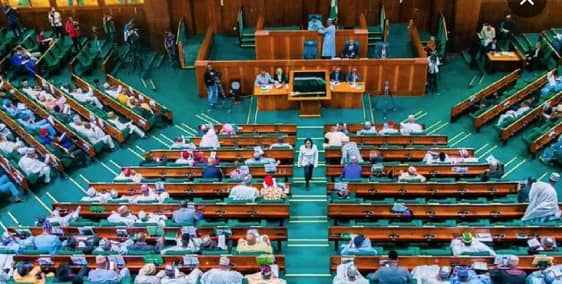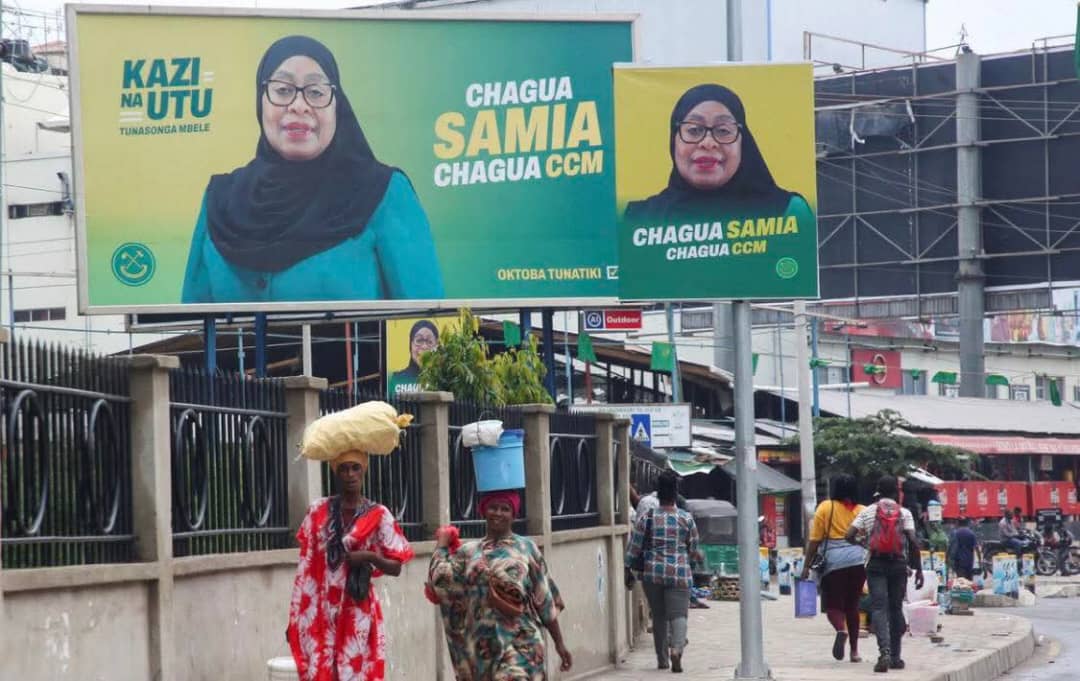A former chairperson of a Local Council Development Area (LCDA) in Lagos State has been accused of spending N492 million within 72 hours, leaving only N20 million in the council’s account shortly before the end of her tenure.The
The allegation emerged from a report that has sparked fresh concerns over financial mismanagement among outgoing and serving local government officials in the state.
According to a report cited by Tribune editor Lanre Adewole, the former LCDA boss received N512 million from the Federation Account just three days before handing over office. However, by the time the administration transitioned, only N20 million remained in the council’s coffers. The report alleged that the funds were rapidly withdrawn and expended within the short period without clear documentation or transparent accounting for the transactions.
The report also linked the former chairperson to newly acquired properties, including a hotel in Osogbo, Osun State, and a residential property in the Magodo area of Lagos. These acquisitions reportedly raised further questions about the source of funds and the possible diversion of public money meant for local governance and development projects.
The findings were reportedly submitted to Lagos State House of Assembly Speaker Mudashiru Obasa as part of a broader investigation into alleged reckless spending and fund diversion by several outgoing and incumbent local government and LCDA chairpersons. The Assembly is said to be reviewing the report with the possibility of inviting those implicated for questioning.
The report’s revelations have triggered widespread public outrage and calls for a comprehensive audit of local government finances across Lagos State. Critics argue that the pattern of massive withdrawals and unexplained spending close to the end of tenure suggests a systemic problem of financial abuse at the grassroots level.
Sources familiar with the case said that while local councils receive monthly allocations from the Federation Account to execute developmental projects and pay staff salaries, the management of these funds has often lacked transparency. Many residents have complained that despite substantial allocations, local communities continue to suffer from poor infrastructure, bad roads, and limited access to essential services.
Observers note that the case of the former LCDA boss could become a major test for the Lagos State government’s commitment to accountability and transparency. If proven, the allegations would represent one of the most significant instances of short-term fund depletion in recent local government history in Nigeria.
There are also indications that anti-corruption agencies may become involved once the state legislature completes its review. Civil society organizations have urged the Economic and Financial Crimes Commission (EFCC) and the Independent Corrupt Practices Commission (ICPC) to investigate the matter and recover any funds found to have been misappropriated.
Public reaction to the report has been intense, with many Lagos residents expressing frustration over the recurring issue of corruption among local officials. Social commentators have pointed out that the alleged misuse of public resources undermines local development and erodes public trust in governance.
As of the time of this report, the name of the accused former chairperson has not been officially released, pending formal investigation and confirmation of the allegations. However, the Lagos State House of Assembly is reportedly considering summoning the affected individual and other implicated officials to provide explanations on how the funds were disbursed in such a short time.
The controversy underscores growing calls for stricter financial oversight mechanisms at the local government level. Transparency advocates have emphasized that improved monitoring of council accounts and timely audits could prevent similar cases of last-minute financial mismanagement.
If the allegations are substantiated, the development could lead to disciplinary actions, possible recovery of diverted funds, and potential prosecution of those involved. The outcome of the Assembly’s review and any ensuing investigations will likely shape the public’s perception of the state government’s willingness to curb corruption at the grassroots level.





